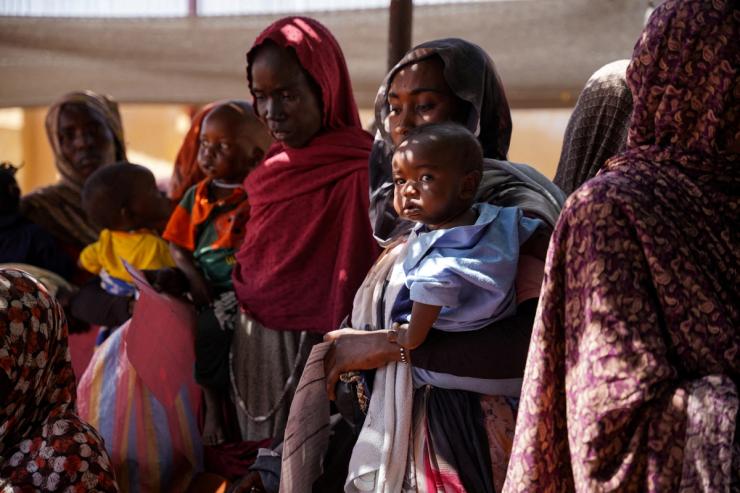The News
El Fasher, the only city in western Darfur still under the Sudanese army’s control, could fall to rebel forces imminently, the US warned on Tuesday, as the country’s humanitarian crisis deepened.
Weeks of fighting in the besieged El Fasher between the paramilitary Rapid Support Forces (RSF) and the Sudanese army have seen the region — once a safe zone for civilians fleeing the conflict — descend into famine and humanitarian emergency.
Some in the RSF think capturing El-Fasher will help them establish Darfur as a breakaway state, US envoy Tom Perriello told the BBC, adding that Washington would not recognize an independent Darfur “under any circumstances.”
SIGNALS
An ignored, but not forgotten, conflict
Civilians in Sudan have been the victim of “the deafening silence of global indifference,” leaders of humanitarian organizations warned in The New Humanitarian in February. Sudan has received little attention compared to the Middle East and Ukraine, with its crisis not yet triggering the mass migration into the EU that would make European countries pay attention, World Politics Review argued. Narratives matter: Talk of the international community “forgetting” Sudan risks eliding how its lack of action is a political choice, while also fueling a liberal-interventionist agenda — manifest in the “Save Darfur” campaign — that further marginalizes civil society groups on the ground, an Africa expert at the German Institute for International Security Affairs wrote in Megatrends Afrika.
‘Lost cause’ language may actively undermine peace efforts
While attention-grabbing — and highly quotable — statistics about death, displacement, and suffering in Sudan may seem reasonable in describing conditions on the ground, they risk presenting the country as a “lost cause,” a Sudan researcher argued in Foreign Policy. As with the ongoing Syrian civil war, “lost cause” language becomes a self-fulfilling prophecy that harms peace efforts by allowing apathy to take hold: “Had messages of sustaining humanitarian support and empowering local initiatives been front of mind [regarding Syria], a greater willingness among international donors might have prevailed,” she added.
The crisis in Sudan may demand a new approach to international aid
Efforts to scale up humanitarian aid in Sudan have so far fallen short, and already-inadequate assistance has become a “Band-Aid” for addressing long-term lack of investment in critical infrastructure, two members of the International Rescue Committee argued in Lawfare: Larger-scale international initiatives should do more to partner with local actors and mutual aid groups as part of a more “sustained, multidimensional approach” to assistance.



